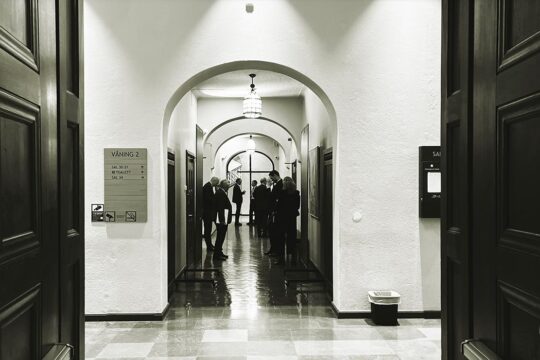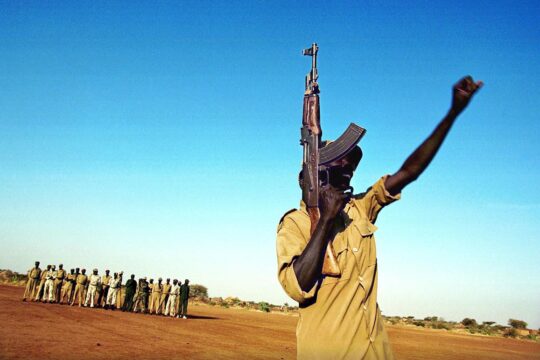South Sudan, where a peace deal was finally signed by President Salva Kiir on Wednesday, has been wracked by violence for 20 months.
Independent since 2011, the conflict in the world's newest nation has pitted troops loyal to Kiir against those of ex-vice president Riek Machar.
Tens of thousands have been killed in the ethnically-motivated unrest, and more than two million people have been displaced, United Nations figures show.
Here is a chronology of the fighting:
- 2013 - --------
December 15: Heavy gunfire in Juba where tensions have risen since July when Machar was fired as vice-president. Kiir denounces a coup, blaming Machar, who later accuses the president of purging his rivals. The fighting spreads to several states.
- 2014 -
--------
January 10-20: Government troops recapture the northern city of Bentiu, capital of oil-rich Unity State, and Bor, capital of the eastern state of Jonglei. Uganda sends troops to reinforce the South Sudanese army.
February 27: Human Rights Watch says war crimes have been committed by both sides.
April 15-17: More than 350 civilians massacred in Bentiu and Bor, according to the UN's mission UNMISS.
May 2: Visiting Juba, US Secretary of State John Kerry warns of the risk of "genocide".
May 27: A Security Council decision refocuses the UN Mission on civil protection tasks.
- 2015 -
--------
February 1: Kiir and Machar sign a new agreement to end the fighting. They have signed -- then broken -- at least six previous ceasefire deals since fighting began. The accord is broken several days later.
March 20: The army and rebels have kidnapped 12,000 children to fight since the start of the conflict, the UN children's agency says.
March 24: South Sudan's parliament votes to extend Kiir's mandate by three years, ditching plans for elections this year.
June 30: South Sudan's army raped then torched girls alive inside their homes, a UN rights report says, warning of "widespread human rights abuses". Rebels have also been accused of atrocities, including rape and killings.
July 1: The UN Security Council imposes sanctions on six South Sudan generals: three of them rebels and three from government forces. A day later, the US imposes sanctions on two military commanders, one from each side.
July 6: The army says it has retaken the strategic northeastern town of Malakal from rebels.
August 11: Several rebel commanders, including Peter Gadet, a warlord hit by UN sanctions, say they have split from Machar.
August 17: The government refuses to sign a peace deal with rebels, but says it will finalise an agreement within 15 days. Machar says he signed the deal after talks in Addis Ababa.
August 18: Washington and London push for UN sanctions to punish the government.
August 26: Kiir signs the peace accord but issues a list of "serious reservations", warning the deal might not last.




